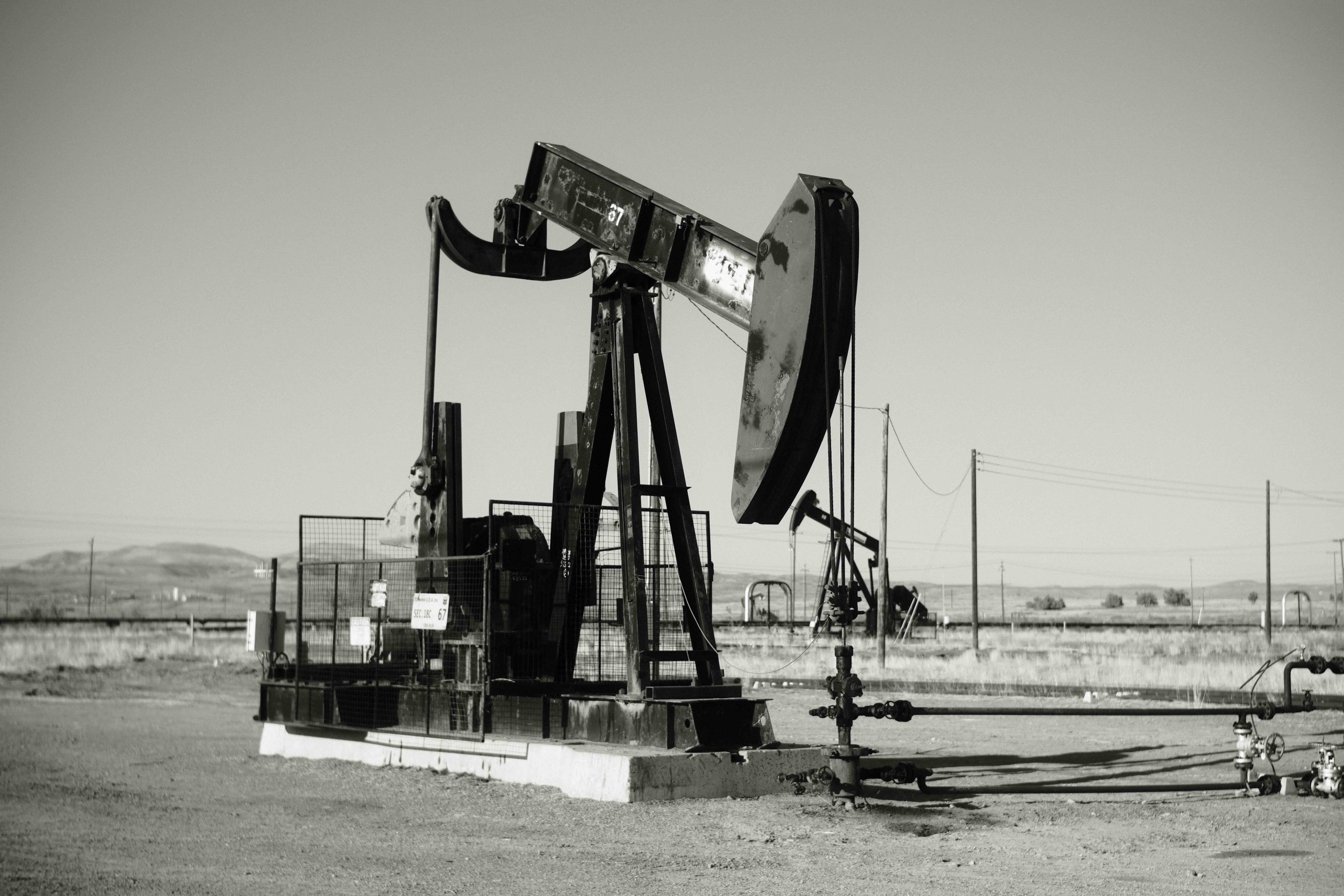Puerto Rico Fights Back Against Big Oil’s Big Lies

By Koral Zaarur*
On February 20th, Puerto Rico made history when a Magistrate Judge refused to dismiss the Island’s lawsuit against some of the biggest names in the oil industry. This lawsuit, filed by 37 of Puerto Rico’s 78 municipalities as plaintiffs, names Exxon, Chevron, Shell, Mobil, and other leading oil entities as defendants.[1] Although the municipalities stated fourteen causes of action against the industry giants, the claim can be distilled into an overarching allegation: the oil companies engaged in a coordinated campaign to deny the realities of climate change, promote fossil fuels through deceptive marketing, and hinder the development of alternative energy sources.[2] As a result of the claim, Puerto Rico incurred unfathomable costs in reconstructing the Island after the disastrous hurricanes Irma and Maria in 2017.[3] Justice Secretary Hernández stated that these companies “failed to truthfully warn Puerto Rican consumers about the consequences of using and burning fossil fuels on the Island, as well as their impact on the environment,” which ultimately led to the catastrophic effects of those hurricanes.[4]
In September of 2017, Puerto Rico was struck by Hurricane Irma and experienced 120-mile-per-hour winds and over 10 inches of rain.[5] Two weeks later, Hurricane Maria arrived with its 140-mile-per-hour winds, 35 inches of rain, and six-foot storm surge.[6] These hurricanes destroyed Puerto Rico, and with the Island’s entire power grid shut down, 95% of cellular sites out of service, and 97% of roads unusable, the Island was debilitated.[7] After the hurricanes, over 95% of citizens lacked clean drinking water, and 90% of households applied for assistance.[8] These events led to job loss, school closure, marine pollution, and failure of lifeline systems.[9] The impact was absolutely devastating and led thousands of Puerto Ricans to move to the U.S. Mainland when the Island’s infrastructure lagged in recovery.[10] Hurricane Maria is the highest costing U.S. Caribbean Hurricane, costing over $90 billion, with Irma in second place, costing $50 billion.[11]
Among its claims against the oil industry, Plaintiffs allege violations of the Racketeer Influenced and Corrupt Organizations Act (“RICO”) and antitrust violations.[12] Notably, this case is the first climate accountability lawsuit to include RICO claims, alleging that the fossil fuel industry functioned as a corrupt enterprise that deceived the public.[13] The RICO claims center on the argument that the oil companies knowingly conspired to mislead the public about the dangers of fossil fuels. Defendants argue for dismissal on numerous grounds. First, they argue that their participation in public debates about climate change is protected by the First Amendment and the Noerr-Penninton Doctrine (which bars liability for political speech).[14] The Magistrate Judge found that, as this is a highly fact-based inquiry in that District, it was inappropriate for a dismissal.[15] Second, Defendants argue for dismissal on the grounds that the Complaint failed to plead the elements required for a RICO cause of action, including causation, enterprise, racketeering activity, pattern, management or control, investment, acquisition, or conspiracy.[16] To properly state a RICO claim, a plaintiff must plead “(1) conduct (2) of an enterprise (3) through a pattern (4) of racketeering activity.”[17] The Magistrate Judge found that the Plaintiffs did plead the elements of a RICO claim and failed to dismiss.[18] Lastly, Defendants argue for dismissal of because the RICO claims and seek damages for injuries sustained by residents of Plaintiff Municipalities rather than the Plaintiffs themselves.[19] As such, the Magistrate Judge found that Plaintiffs may “bring this action only as to their proprietary rights.”[20]
The basis for Plaintiffs’ antitrust claims is that the oil giants colluded to fix prices and restrict competition, ensuring that alternative energy companies struggled to gain a foothold in the market.[21] Defendants contend that since they were all competitors, they had an incentive to reduce prices and increase production.[22] However, the Judge rejects this argument as Courts have found antitrust conspiracy between competitors, even holding that “agreement among ‘actual or potential rivals’ that ‘eliminate[ ] some avenue of rivalry among them’—‘have traditionally received antitrust’s highest level of scrutiny.’”[23] Defendants further argue that for an agreement to constitute an antitrust violation, it must increase prices or decrease output, but the Judge reiterated that “a practice is not anticompetitive because it harms competitors, but because it harms the “competitive process.”[24] As such, the antitrust cause of action was not dismissed.
Mayor Ramón Luis Rivera Cruz of Plaintiff Bayamón underscored the case’s broader significance, stating that, “[i]t sends a message that large companies have an ethical and moral obligation to humanity and that they have to be careful with how they do their business.”[25] As this case progresses, it could set a powerful legal precedent for holding fossil fuel companies accountable for their role in climate change. If successful, Puerto Rico’s lawsuit may secure financial compensation for the island’s climate-related damages and force a long-overdue reckoning for the fossil fuel industry’s history of deception. This battle is far from over, but the court’s decision to allow key claims to proceed marks a major victory for climate justice and corporate accountability.
[1] Municipalities of Puerto Rico v. Exxon Mobil Corp. et al., No. 22-1550 (D.P.R. filed Feb. 20, 2025).
[2] Kaitlin Gagnon, Milberg Moves Forward in Groundbreaking Climate Change Racketeering Case Against Big Oil, Milberg Coleman Bryson Phillips Grossman (Feb. 21, 2025), https://milberg.com/news/milberg-moves-forward-in-groundbreaking-climate-change-racketeering-case-against-big-oil/.
[3] Mike Scarcella, Exxon, Others Should Face Climate Claims by Puerto Rican Towns, US Judge Says, Reuters (Feb. 21, 2025 7:38 PM), https://www.reuters.com/legal/litigation/exxon-others-should-face-climate-claims-by-puerto-rican-towns-us-judge-says-2025-02-21/.
[4] Lesley Clark, Puerto Rico Sues Oil Companies for $1 Billion in Climate Damages, Sci. Am. (July 17, 2024), https://www.scientificamerican.com/article/puerto-rico-files-usd1-billion-climate-lawsuit-against-oil-companies/.
[5] Fed. Emergency Mgmt. Agency, Mitigation Assessment Team Report: Hurricanes Irma and Maria in Puerto Rico (2018), https://www.fema.gov/sites/default/files/2020-07/mat-report_hurricane-irma-maria-puerto-rico_2.pdf.
[6] Id.
[7] Hurricanes Irma and Maria: Impact and Aftermath, RAND, https://www.rand.org/hsrd/hsoac/projects/puerto-rico-recovery/hurricanes-irma-and-maria.html.
[8] Id.
[9] Ricardo Rosselló Nevares, Transformation and Innovation in the Wake of Devastation, Cent. Off. For Recovery, Reconstruction, & Resiliency (Aug. 8, 2018), https://recovery.pr.gov/documents/pr-transformation-innovation-plan-congressional-submission-080818.pdf.
[10] Michon Scott, Hurricane Maria’s Devastation of Puerto Rico, Climate.gov (Aug. 1, 2018), https://www.climate.gov/news-features/understanding-climate/hurricane-marias-devastation-puerto-rico.
[11] Fed. Emergency Mgmt. Agency, supra note 5.
[12] Municipalities of Puerto Rico v. Exxon Mobil Corp. et al., No. 22-1550 (D.P.R. filed Feb. 20, 2025).
[13] Korey Silverman-Roati & Maria Antonia Tigre, Municipalities of Puerto Rico v. Exxon: A Unique Class Action Against Fossil Fuel Companies Presses for Climate Accountability in the United States, Colum. L.: Blog (Dec. 2, 2022), https://blogs.law.columbia.edu/climatechange/2022/12/02/municipalities-of-puerto-rico-v-exxon-a-unique-class-action-against-fossil-fuel-companies-presses-for-climate-accountability-in-the-united-states/.
[14] Municipalities of Puerto Rico v. Exxon Mobil Corp. et al., No. 22-1550, slip op. at 19-21 (D.P.R. filed Feb. 20, 2025).
[15] Id.
[16] Municipalities of Puerto Rico, slip op. at 19.
[17] Municipalities of Puerto Rico, slip op. at 21.
[18] Municipalities of Puerto Rico, slip op. at 23.
[19] Municipalities of Puerto Rico, slip op. at 19.
[20] Municipalities of Puerto Rico, slip op. at 32.
[21] Municipalities of Puerto Rico, slip op. at 33.
[22] Municipalities of Puerto Rico, slip op. at 34.
[23] Id.
[24] Id.
[25] Municipalities of Puerto Rico vs. Exxon Mobil et al., Ctr. for Climate Integrity, https://climateintegrity.org/lawsuits/case/municipalities-of-puerto-rico.


